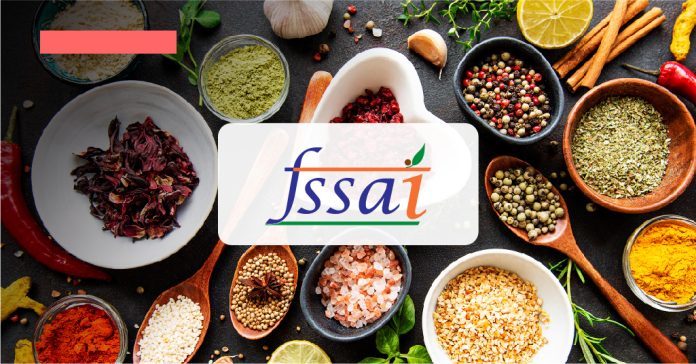FSSAI’s evolution and the road ahead

FSSAI’s evolution and the road ahead
[ad_1]

J P Nadda
As I visited the Food Safety and Standards Authority of India (FSSAI) last week after assuming charge of Minister of Health and Family Welfare for the second time during NDA regime, I was reminded of my initial tenure as Health Minister in 2014. The period which was witnessing nascent growth of an organisation striving to establish itself as the food safety regulator of the country, tasked with the massive responsibility of setting standards and policies for food products consumed by the world’s second-largest population.
The first time I met the FSSAI team and various stakeholders at an event marking a decade of the Food Safety and Standards Act (FSSA), 2006, on 22nd August 2016, FSSAI’s vision was clear – to strengthen policies, address emerging challenges, and initiate programs aimed at fostering social and behavioral change among citizens and food businesses. These initiatives have beautifully merged under the Eat Right India Movement, which has adopted a holistic whole system approach to ensure safe, healthy, and sustainable food for all Indians.
Ministry of Health and FSSAI have been tirelessly working to enhance our nation’s food safety landscape. A strong food safety ecosystem can only be built on the foundation of strong food policies and standards. It is heartening to know that FSSAI’s scientific panels and expert committees have expanded significantly, comprising of 286 experts from 88 organizations. This has significantly expedited the pace of development of standards and policies that are at par with the global standards.
A commendable achievement of FSSAI is the creation of Millet standards, which were launched by Hon’ble Prime Minister at the Global Millets (Shree Anna) Conference in 2023. These standards have been shared with the Codex Alimentarius Commission, thereby paving the way for the development of global group standards for millets and establishing India as a global pioneer.
In addition to development of policies and standards, their enforcement and testing are equally essential to ensure safe food. FSSAI’s food testing infrastructure has seen significant improvements over the past eight years. Under the visionary leadership of Hon’ble Prime Minister, the Cabinet approved ?482 crores for strengthening state food testing laboratories. FSSAI has further started reaching out to remote areas by providing mobile food labs named “Food Safety on Wheels”.
As we celebrate these achievements, we must also acknowledge trends emerging globally like plant-based proteins, lab-grown meat etc. FSSAI has proactively developed standards for new categories such as vegan foods, organic products, and Ayurvedic Aahar and is continuously adapting to the evolving trends of food safety.
As global food trade expands, FSSAI is forging stronger international partnerships by engaging with global regulators at various platforms such as Codex, which enables sharing of best practices and developing harmonized approaches to ensure safe, nutritious food and food security for the growing world population. FSSAI also organized the first Global Food Regulators Summit (GFRS) in Delhi in 2023, a first-of-its-kind collaborative platform for food regulators to meet and brainstorm about emerging food safety challenges. FSSAI is geared up for the second edition of GFRS in the coming months.
When we discuss food safety, it is important to empower consumers and citizens on various food safety issues through evidence-based information. It is only then that our work will be completed in totality. This is where FSSAI’s Eat Right India movement is playing a crucial role by ensuring that vital information reaches consumers at every level. This transformative programme is being scaled up to strengthen our outreach further and foster behavioural changes that empower consumers to demand safe and healthy food choices, encouraging food businesses to offer better options.
The FSSA, 2006 mandates comprehensive standards for food products, ensuring they are safe for consumption. In addition, the regulations for food labeling empowers consumer to make informed choices. Policies for advertisement and claims also ensure that no misleading claims are being made by the food businesses on the food products. The Consumer Protection Act (CPA) 2019 has been instrumental in addressing the modern challenges faced by consumers by providing them with adequate mechanisms to file complaints, especially concerning misleading advertisements, unsafe or substandard food.
Food safety is a collaborative endeavor and FSSAI is working closely with various government departments and other stakeholders, taking a whole-of-government and whole-of-system approaches. FSSAI is also taking a proactive lead and adopting a collaborative approach by making industry and other stakeholders a partner in the food safety and health initiatives.
FSSAI has significantly transformed India’s food safety landscape over the past decade and is continuously working to adapt to emerging challenges and empower consumers. Through dedication and a holistic approach, FSSAI aims to make India a global leader not just in food production, but also in food safety and sustainability. Jai Hind!
(The author is Union Minister
of Health & Family Welfare)
[ad_2]




